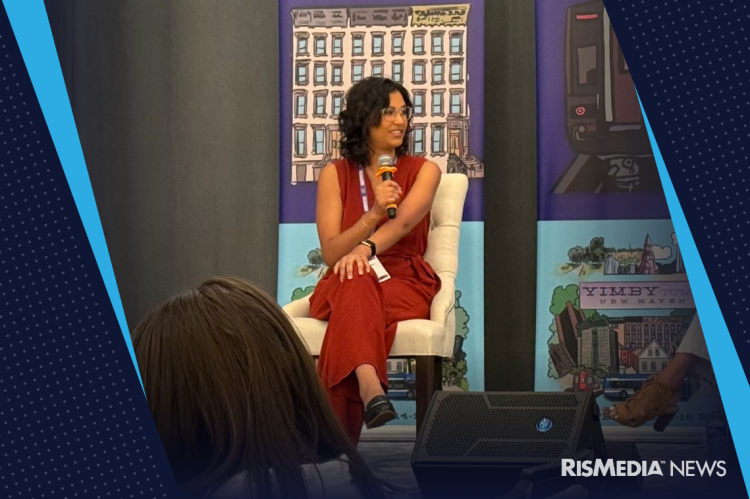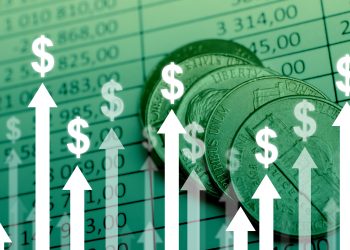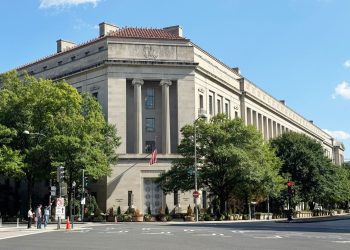Above, Daryl Fairweather
NEW HAVEN, CT—With the Federal Open Market Committee (FOMC) meeting this week to vote on a rate decision, RISMedia spoke with Redfin Chief Economist Daryl Fairweather to gain some insight into how a potential cut may impact the housing market.
The Fed is likely to cut rates by 25 basis points, and there’s a chance of a half percentage cut, predicts Fairweather.
With recent months showing weak jobs reports, and revisions going back to 2024, the labor market has proven to be even weaker than expected.
“It’s even weaker than we thought before even Trump took office, but it makes sense because we were already raising rates back then,” Fairweather tells RISMedia. “We haven’t really seen that many layoffs yet, but they’re probably coming. So I’m of the belief that the labor market is probably already in a downward trend, and it’s going to be hard to reverse…which is why the Fed needs to start cutting.”
The problem is inflation, the Redfin economist explained.
“But they’re also up against inflation because the tariffs haven’t even fully kicked in yet. We still have high inflation left over from the pandemic, and food inflation is actually being caused by droughts worldwide, like nothing to do with tariffs,” she says. “So, the Fed is still going to be resistant to cutting by more because they don’t want to accelerate the economy so much that inflation gets bad again.”
The Fed has held the rate steady since its last cut in December 2024.
It’s not unusual for the Fed to not cut rates, though; normally, they don’t cut unless they see weakness in the economy, Fairweather adds.
“Interest rates were already in restrictive territory, so by not cutting, they’re basically keeping their foot on the brake of the economy,” she says. “But now, because the labor market feels so weak, they need to take their foot off the brake—but they’re not going to be ready to hit the accelerator yet, because then that could risk higher inflation.”
If the Fed decides not to cut rates, there is a real cause for concern, Fairweather says.
“I’m concerned about it, because I think we could be heading toward a recession. If they don’t cut, because they feel like they don’t want to risk inflation, it could be laying the groundwork for there to be a recession, especially because tariffs haven’t kicked in yet,” she says.
If we are headed for recession, the right thing for the Fed to do would be to cut, Fairweather adds, because the risk to unemployment would be more important than the risk to inflation.
All in all though, Fairweather says she doesn’t think there’s enough conclusive evidence that a recession is evident, though she did note that Moody’s is sounding alarm bells, saying the industry should be paying attention to that.












